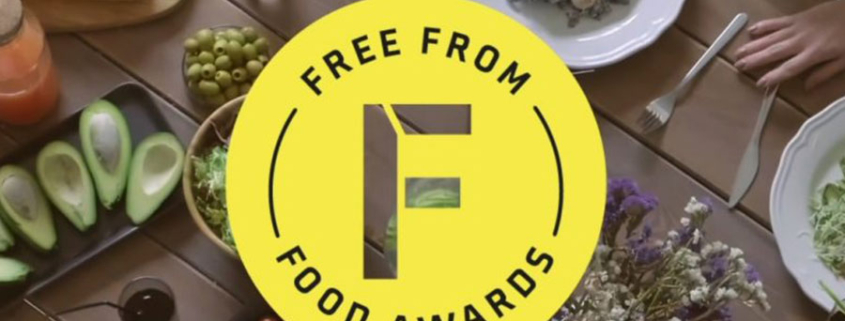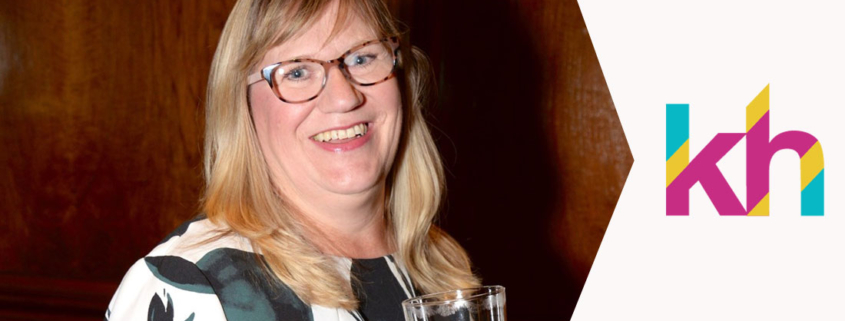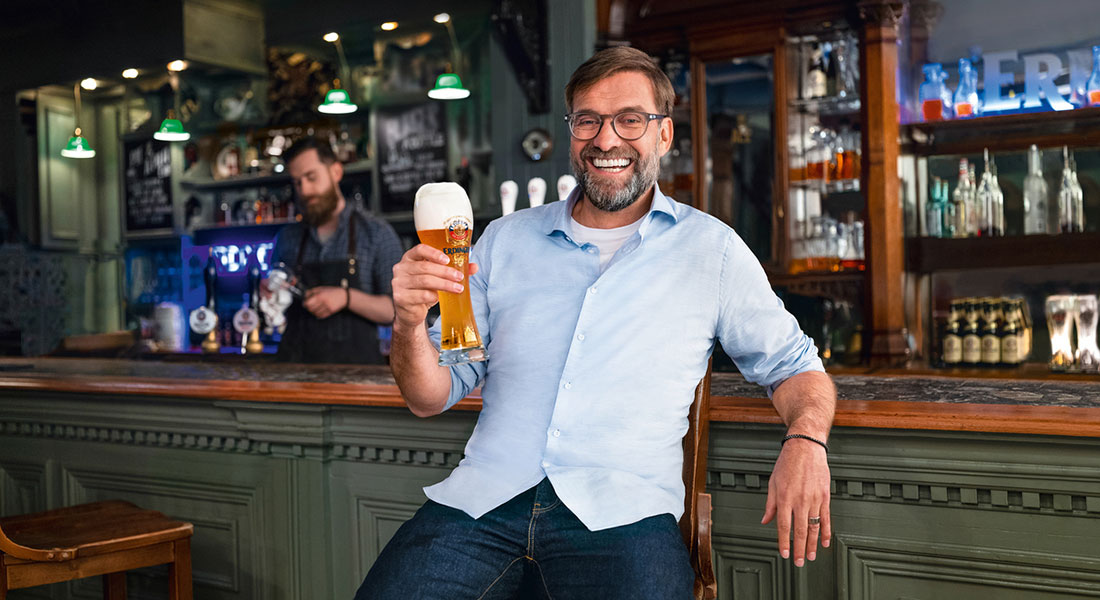Making an impact with sustainability communications
There’s something very satisfying when two worlds collide to create a lasting effect, and even more so when you know you can have fun along the way.
So, it was a pleasure to bump into an old friend recently and discuss the opportunities for working together to deliver a wider range of agency support to clients.
Rosie Davenport is the Founder of Impact Focus, a specialist sustainability and communications agency that helps businesses develop and communicate sustainability strategies that are credible, impactful, and results-driven. By providing expert guidance to help achieve key milestones, the targeted touchpoints help to support strategy at every stage and make sustainability any company’s greatest asset.
And with growing importance in this field, I’m thrilled to partner with Rosie as Impact Focus expands to become a collective of six dynamic women with skills across the drinks and hospitality sectors. Together, we will be bringing together expertise in sustainability and communications, turning sustainability from a challenge into a strategic business advantage.
As Rosie explains “The most successful businesses don’t just respond to change, they lead it. Sustainability is about more than telling a good story; it’s about embracing innovative strategies to drive action and measurable impact.”
I’ll continue to work with my own roster of existing and new clients, as I have done for the last nine years, providing bespoke communication solutions based on individual need but am also excited to be working with Impact Focus, alongside Fleur Record-Smith, Chipo Mbawu, Kate Sweet, Lucy Savage-Mountain and Rosie, to deliver long-term impact on sustainability initiatives.
Whatever business sector you represent, and whatever communication opportunities you want to discuss, please get in touch to arrange an exploratory chat.










